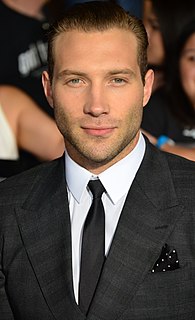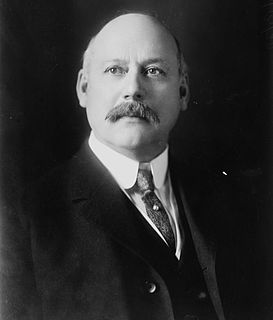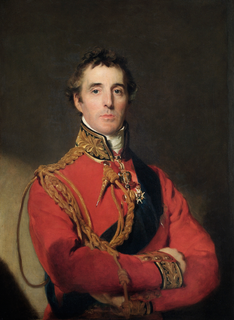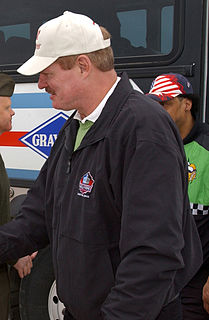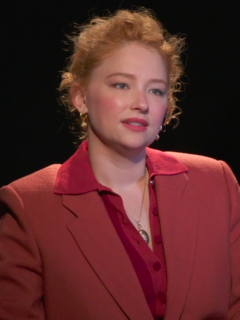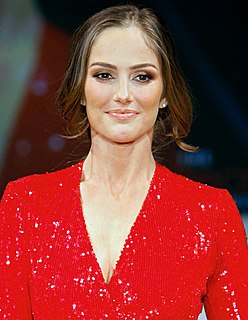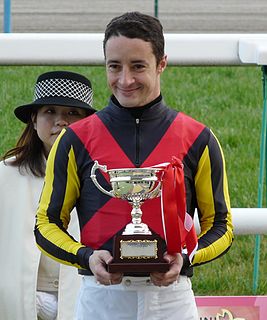A Quote by Jai Courtney
I did this film with Russell Crowe called 'The Water Diviner,' which took place just after WWI. It was fascinating because the weapons between WWI and WII were very different. I had to learn how to ride horses in a battle setting. It was important that we rode a certain way.
Related Quotes
WWI is a romantic war, in all senses of the word. An entire generation of men and women left the comforts of Edwardian life to travel bravely, and sometimes even jauntily, to almost certain death. At the very least, any story or novel about WWI is about innocence shattered in the face of experience.
When the war (WWI) finally ended it was necessary for both sides to maintain, indeed even to inflate, the myth of sacrifice so that the whole affair would not be seen for what it was: a meaningless waste of millions of lives. Logically, if the flower of youth had been cut down in Flanders, the survivors were not the flower: the dead were superior to the traumatized living. In this way, the virtual destruction of a generation further increased the distance between the old and the young, between the official and the unofficial.
Just to show you how little reliance can be placed even on what are supposed the best accounts of a battle, I mention that there are some circumstances mentioned in General -'s account which did not occur as he relates them. It is impossible to say when each important occurrence took place, or in what order.
Starring Russell Crowe as the Patron of the First Ark, 'Noah' had affronted some Christian literalists with its giant rock men, its weird visions, and the occasionally dark motives of its protagonist. But the film corralled enough religious leaders, including Pope Francis (with whom Crowe snagged an audience), to salve canonical objections.
There's not a formula that I'm following; it's just how I feel at the time. For instance, I did a very experimental film called 'Hardcore Henry,' and that was simply because I thought the filmmaker was very interesting and a risk taker. A film like that had never been made before, so I chose to do that at the time.
Just supposing," he said, "just supposing" --he didn't know what was coming next, so he thought he'd just sit back and listen--"that there was some extraordinary way in which you were very important to me, and that, though you didn't know it, I was very important to you, but it all went for nothing because we only had five miles and I was a stupid idiot at knowing how to say something very important to someone I've only just met and not crash into lorries a the same time, what would you say..." He paused, helplessly, and looked at her. "I should do.
At Lacoste, I learned how to drive in a very conservative environment. I had to learn how to do politics, how to talk, how to explain, and how to communicate a vision, and the necessary link between marketing and creative teams. Also, very important, the shop experience, which was actually very frustrating at Lacoste.
